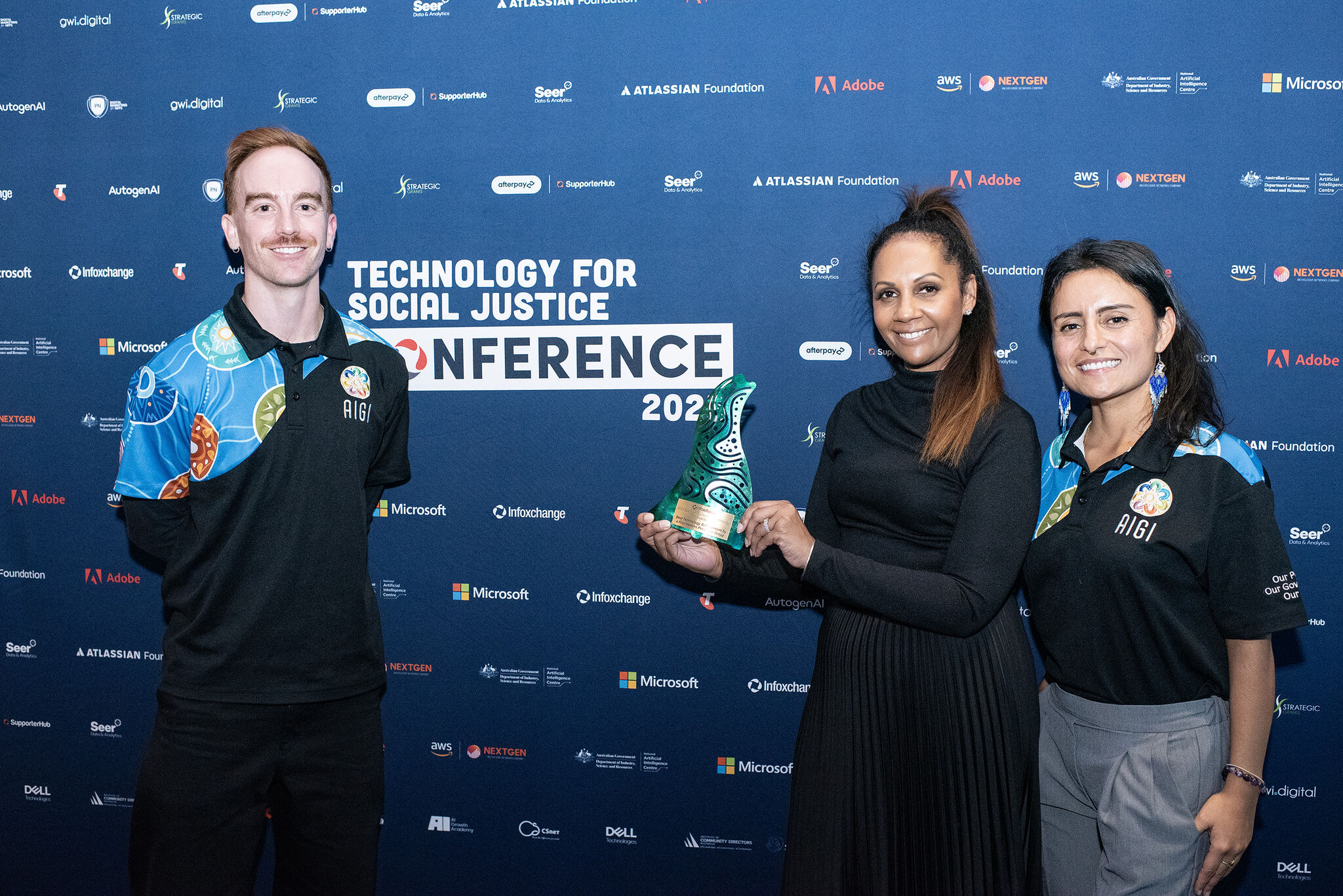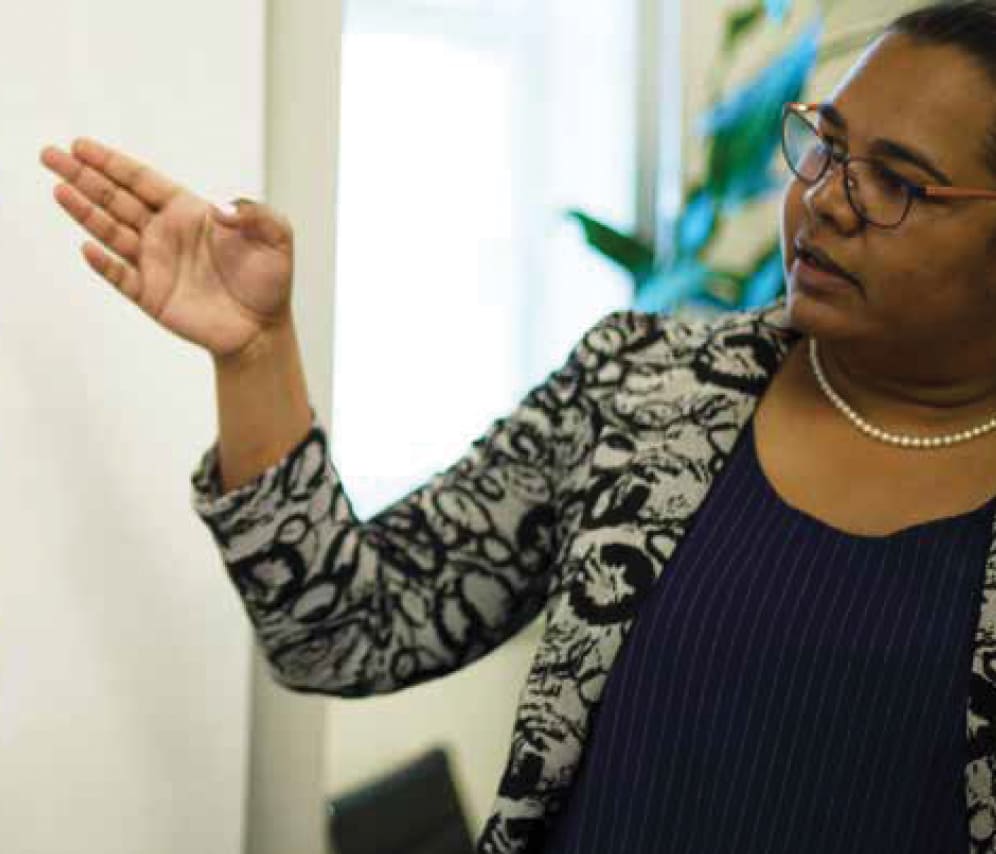...
Over the last 30 years, the duties and responsibilities of the governing bodies of these organisations have changed and grown more complex.
Decision making by the governing body For Aboriginal and Torres Strait Islander people, decision are usually made through extensive collective discussion and consultation, and open to ongoing negotiation. This is called consensus decision making. Consensus decision making is possible within an organisational setting, with a skilled chair facilitating. A decision must be made collectively by a quorum of the governing body. Informed decisions are essential.
Governing the Organisation Fact Sheet





.png)




